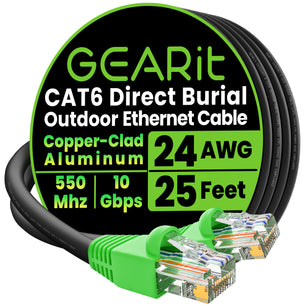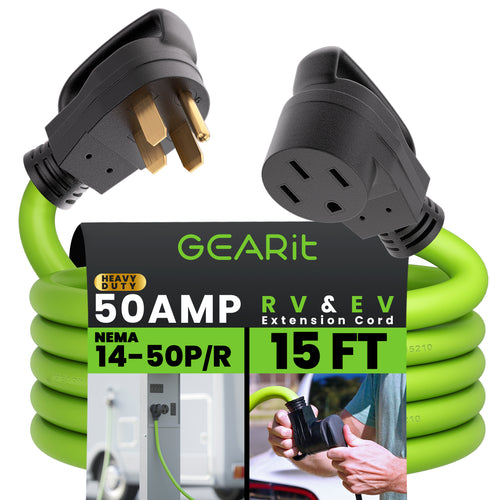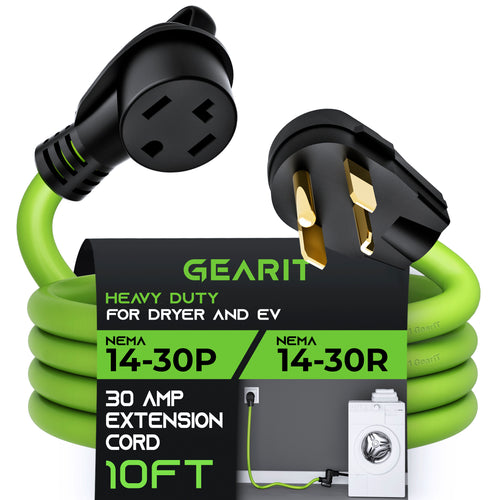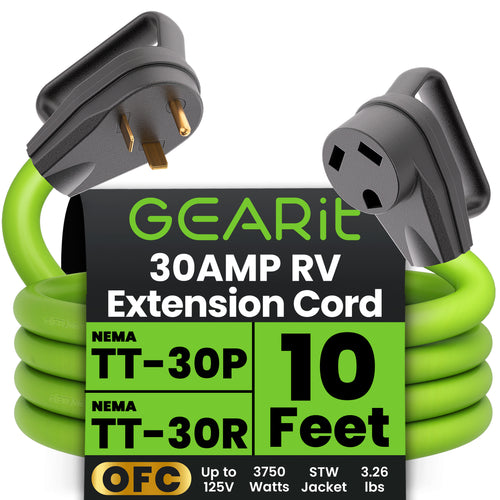
Extension cords are a common and essential tool in various settings, from construction sites to home garages. They provide the necessary reach for power tools, RVs, and other equipment. However, improper storage and maintenance can lead to damage, reduce the lifespan of the cords, and even pose safety hazards. Here are the best practices for storing and maintaining both 30 Amp and 50 Amp extension cords to ensure longevity and safety.
Best Practices for Storing Extension Cords
1. Keep Them Off the Ground
To prevent moisture absorption and protect the insulation from abrasion, always store your extension cords off the ground. Use hooks or cord reels to keep them elevated.
2. Use Cord Reels
Cord reels are an excellent way to keep your cords organized and tangle-free. Ensure the reel is rated for the size of your cord.
3. Avoid Direct Sunlight
UV rays can degrade the insulation over time. Store your cords in a shaded, dry place.
4. Keep Them Loose
Avoid tightly coiling your cords, which can cause internal damage. Loosely loop the cords when not in use.
Best Practices for Maintaining Extension Cords
1. Regular Inspection
Before each use, inspect your cords for any signs of wear, tear, or damage. Look for exposed wires, deep cuts, or signs of burning.
2. Proper Unplugging
Always pull the plug rather than the cord to disconnect it from an outlet. This prevents damage to the cord end.
3. Avoid Overloading
Ensure that the cord’s rating matches or exceeds the power requirements of the device being used. Overloading can cause overheating and damage.
4. Repair or Replace
If a cord is damaged, have it repaired by a professional or replace it. Do not use electrical tape to fix cuts or exposed wires.
Storing Extension Cords on the Road and at RV Parks/Campsites
1. Secure Storage
When traveling, secure your cords in a dedicated compartment or storage bag to protect them from the elements and road vibrations.
2. Accessibility
Keep cords easily accessible but out of the way to prevent tripping hazards at campsites.
3. Dry Before Storing
If your cords get wet, thoroughly dry them before storing to prevent mold and mildew.
4. Labeling
Label your cords with their respective amperage to avoid confusion and ensure you’re using the right cord for the right application.
By incorporating these additional practices, you can ensure that your extension cords remain safe and functional no matter where your travels take you. Proper storage and maintenance are key to the longevity of your 30 Amp and 50 Amp extension cords, so take the time to care for them properly.



























































